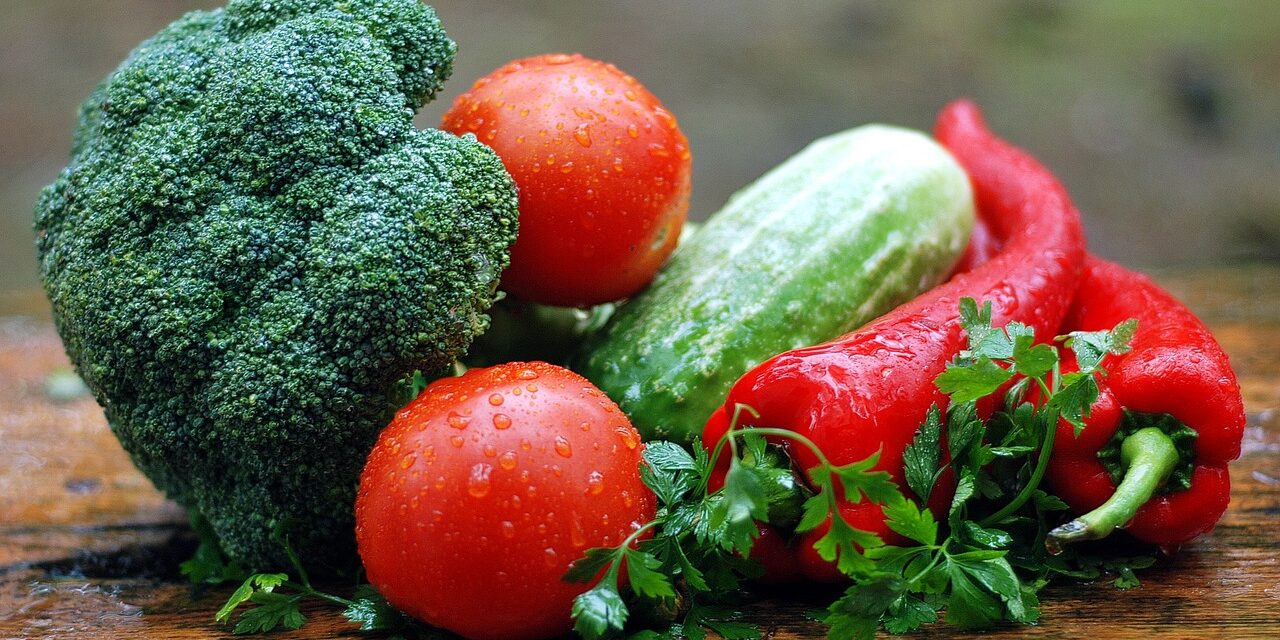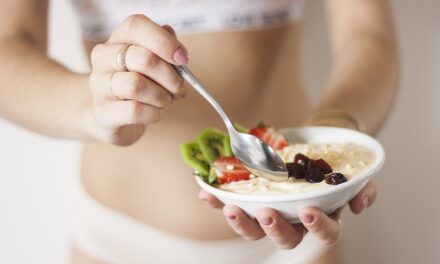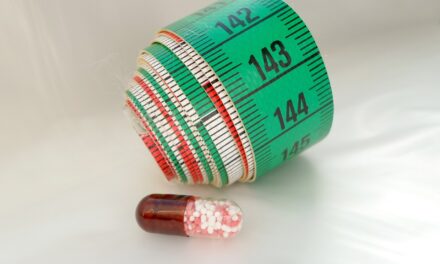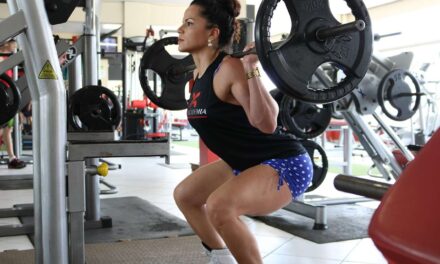As women step into their 50s, they often find themselves at a crossroads concerning their health and nutrition. Changes in metabolism, hormonal fluctuations, and altered nutritional needs make it imperative to reassess dietary habits. The focus shifts to diets that not only aid in maintaining a healthy weight but also support overall well-being. This comprehensive guide is dedicated to exploring the most effective diets for women over 50, ensuring that you can make informed choices about your health as you embrace this empowering stage of life.
Understanding the Nutritional Needs of Women Over 50
Before diving into specific diets, it’s crucial to understand why nutritional needs change post-50. As estrogen levels decline during menopause, women face a higher risk of osteoporosis and heart disease. Metabolism slows down, making weight management more challenging. Moreover, muscle mass tends to decrease with age, necessitating diets that help preserve it. Recognizing these shifts is the first step in adopting a diet that aligns with your body’s current needs.
The Role of Diet in Managing Age-Related Changes
A well-structured diet can play a pivotal role in managing age-related changes. It should cater to maintaining bone density, supporting heart health, and aiding in weight management. Additionally, the right diet can help in mitigating menopausal symptoms like hot flashes and mood swings.
Popular Diets and Their Suitability for Women Over 50
Several diets have gained popularity, but not all are suitable for women over 50. Let’s explore some of the most talked-about diets and their compatibility with the nutritional needs of women in this age group.
- Mediterranean Diet: Renowned for its heart-healthy approach, this diet emphasizes fruits, vegetables, whole grains, and healthy fats. It’s rich in nutrients essential for bone health and is known for its anti-inflammatory properties.
- Plant-Based Diet: This diet focuses on plant-derived foods and is effective in weight management and reducing the risk of chronic diseases. However, it requires careful planning to ensure adequate protein intake.
- Ketogenic Diet: While effective for quick weight loss, its high-fat content might not be ideal for heart health, a significant concern for women over 50.
Each diet has its pros and cons. The key is to choose one that aligns with your health goals, dietary preferences, and medical history.
Adapting Your Diet to Your Lifestyle
Adopting a diet isn’t just about the food you eat; it’s also about fitting your diet into your lifestyle. For women over 50, this might mean preparing meals that are easy to cook or choosing a diet that allows for flexibility in dining out. Understanding how each diet can be adapted to your routine is crucial for long-term adherence and success.
Nutritional Strategies for Common Health Concerns
Women over 50 often face specific health concerns, such as bone density loss, hormonal imbalances, and a slower metabolism. Let’s explore how different diets can address these issues:
- For Bone Health: Diets rich in calcium and vitamin D are crucial. The Mediterranean diet, with its emphasis on dairy and plant-based foods, can be beneficial.
- For Hormonal Balance: Foods rich in phytoestrogens, like those found in a plant-based diet, can help in balancing hormones naturally.
- For Metabolic Support: A diet low in processed foods and high in fiber, such as the Mediterranean or plant-based diets, can enhance metabolic health.
Practical Tips for Diet Success
Adhering to a new diet can be challenging. Here are some practical tips to help you stay on track:
- Plan Your Meals: Plan your meals ahead of time to avoid last-minute unhealthy choices.
- Be Mindful of Portions: Paying attention to portion sizes can help in managing calorie intake, especially important in a slower metabolism.
- Stay Hydrated: Often overlooked, hydration is key for overall health and can aid in weight management.
Addressing Nutritional Deficiencies
Women over 50 are prone to certain nutritional deficiencies, such as vitamin B12, calcium, and iron. Understanding which diets can help replenish these nutrients is vital. For instance, the Mediterranean diet is rich in iron and calcium, while those on a plant-based diet need to be more vigilant about B12 intake.
Considerations for Choosing the Right Diet
Choosing the right diet is a personal decision, and what works for one person may not work for another. It’s important to consider factors such as:
- Your Current Health Status: Consult with a healthcare provider to understand any specific dietary needs based on your health.
- Food Preferences and Allergies: Choose a diet that aligns with your taste preferences and accommodates any food allergies or intolerances.
- Lifestyle and Practicality: Your diet should fit into your lifestyle seamlessly. If it’s too complicated, it’s less likely to stick.
Seeking Professional Guidance
It’s always a good idea to consult with a dietitian or a healthcare professional before starting any new diet, especially to ensure that you’re meeting all your nutritional needs and to tailor the diet to your specific health conditions.
Summary and Takeaways
The best diet for women over 50 is one that is balanced, nutritious, and sustainable. It should address specific age-related concerns such as slower metabolism, bone health, and hormonal balance. The Mediterranean diet, plant-based diets, and calorie-controlled diets are all excellent options, but the choice ultimately depends on individual health needs, preferences, and lifestyle.
Key takeaways include:
- Personalization is Key: Tailor the diet to your individual needs, preferences, and lifestyle.
- Focus on Nutrient Density: Choose foods rich in vitamins, minerals, and other essential nutrients.
- Consult with Professionals: Seek advice from healthcare providers or dietitians to ensure the diet is suitable for your health conditions.
Remember, the goal is to find a diet that not only helps you maintain a healthy weight but also supports your overall well-being.






